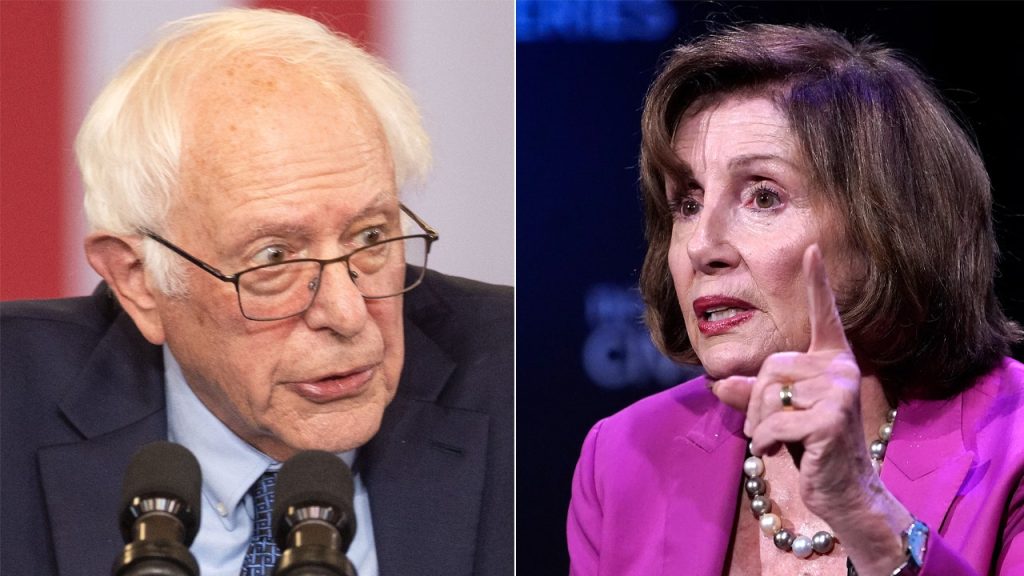Sen. Bernie Sanders won a fourth six-year term and criticized the Democratic Party for not appealing to the working class following President-elect Trump’s victory. He highlighted the anger and frustration felt by working people in the country due to income inequality, lack of guaranteed healthcare, high rates of poverty, and a corrupt campaign finance system. Sanders accused the Democratic Party of abandoning working-class families and failing to pass legislation to raise the minimum wage, make it easier for workers to join unions, or secure pension plans for the elderly. He suggested that the party is not truly fighting for the working class and accused powerful special interests of influencing policy decisions.
When challenged on his criticisms by Rep. Nancy Pelosi, Sanders reiterated his frustrations with the Senate’s lack of action on important issues for the working class. He pointed out that despite President Biden’s efforts with the rescue package and other initiatives, the Senate has failed to address key concerns such as raising the minimum wage, protecting workers’ rights, and securing the future of Social Security. Sanders questioned whether the Democratic Party is truly advocating for working-class individuals and argued that real change cannot occur without removing big money from politics. He contrasted Biden’s approach to Trump’s in successfully engaging with working-class voters and emphasized the need for a government and economy that prioritize the needs of ordinary Americans over powerful interests.
Sanders called for a shift in political and economic priorities, advocating for policies that address income inequality, corporate greed, and wealth disparities in the country. He criticized Trump’s divisive rhetoric around immigration as a distraction from the real issues facing the working class, focusing on the importance of creating a fair economy and government that serve the interests of all Americans. Sanders highlighted the significance of removing big money from politics by overturning the Citizens United Supreme Court decision and preventing billionaires from influencing elections. He emphasized the need for a political agenda that prioritizes the needs of the working class and challenges the entrenched power of special interests in shaping policy decisions.
The ongoing debate between Sanders and Pelosi reflects broader tensions within the Democratic Party regarding its approach to working-class issues and the influence of corporate interests on policy decisions. While Pelosi defended the party’s track record under President Biden and pushed back against Sanders’ criticisms, the senator remained firm in his belief that more needs to be done to address the concerns of working-class Americans. Sanders advocated for a more progressive agenda that tackles income inequality, fights against corporate greed, and prioritizes the needs of ordinary citizens over powerful special interests. The discussion highlights the ongoing struggle within the Democratic Party to define its identity and policies in a way that resonates with and addresses the needs of the working class.


